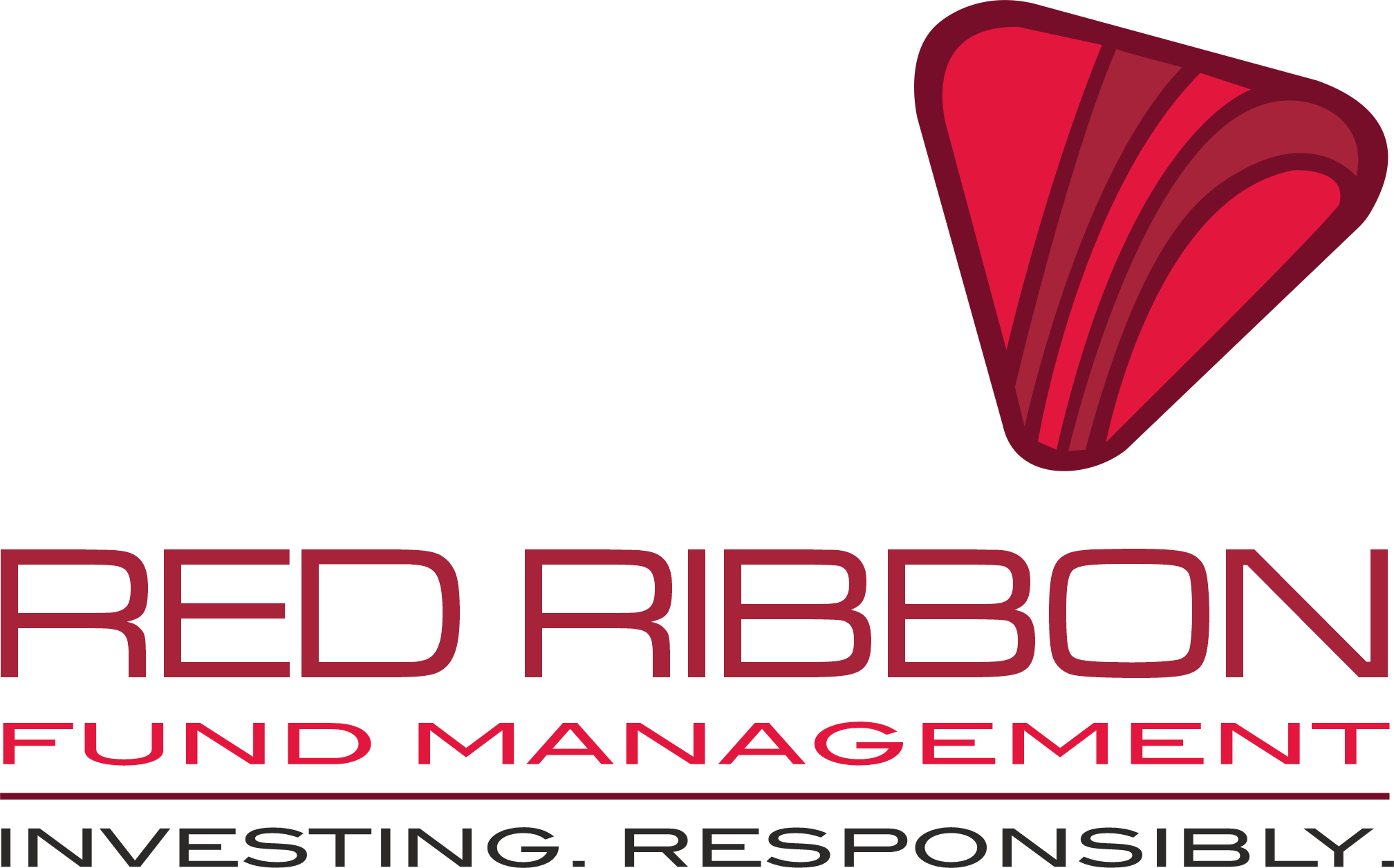The Alchemy of Footfall…Hospitality’s future belongs to those who understand it
Guests are the lifeblood of any successful hotel. The guests who come back make the elusive difference between success and failure, and that, in a nutshell, is why no hotel operator can ignore the new reality that 85% of the travelling public places have sustainability and eco-friendly criteria at the top of their list when deciding where to stay (www.virtuoso.com): it’s not as though they’re starved of choice. Just imagine a high street newsagent refusing to stock or sell newspapers …well, they won’t be in business long. That’s the essential alchemy of footfall, and it is why all those subtle, ever-shifting metrics of consumer demand can never be ignored…one minute, you’re selling Pokemon Gaming Cards and Cabbage Patch Dolls (or whatever the last big thing was), and the next you’re selling off the entire shop on eBay…lock, stock, and barrel.
But, of course, there’s nothing very subtle (or, indeed, shifting) about a consumer segment that’s voting so overwhelmingly with its feet: best of luck then, or maybe not, to any hotel hoping to turn a profit from the 15% of guests who don’t give tuppence for sustainability, or the future of our precious planet (see above). It’s not exactly a promising demographic…on any basis.
No surprise, then, that investors in projects for the construction and refurbishment of tomorrow’s hotels are also voting with their feet (or, more appropriately, their wallets): favouring ventures that place environmental sustainability, eco-friendly tourism, and community engagement at the heart of their business model. That’s why we also see a significant increase in the number of Benchmarking Companies focused on evaluating carbon emissions, water and energy waste levels, ESG efficiency, and diversity (among an ever-burgeoning class of touchstone criteria) because that’s what potential investors are increasingly interested in…and if the project scores low on any or (god forbid) all of those criteria, chances are it won’t get built at all.
For example, the Cornell Hotel School created its “Sustainability Benchmarking Index” nine years ago. It’s still going strong (www.ecommons.cornell.edu): making available what it calls “a more robust and useful data set…to promote improvements in energy, water, and carbon performance”, and the Index currently draws raw data from no less than twenty-five countries worldwide…which, in itself, is a testament to the increasing importance of ESG compliance across the global hospitality sector.
So, despite the recent environmental “row back” on the part of the Government, informed commentators in the UK are still confidently expecting ESG to become more important, not less, in the years ahead: commentators such as CBRE who, in their “Global Status Update” produced earlier this year (www.cbre.com/insights), predicted “mandatory disclosure requirements and high energy prices will incentive swift action from hotel industry stakeholders…with failure to act leading to immediate and tangible impacts in the form of reduced energy efficiency, added pressure on profit margins…and greater capital investment within the later phase of the asset’s life cycle”. Interestingly, they pointed out too that “Improving access to data and conformity in benchmarking will provide greater insight into how sustainability affects value, allowing better-informed decisions on the issue”.
You can’t argue with any of that, but for those inclined to, now might be a good time to jump onto eBay and see if you can pick up some Pokémon Cards and Cabbage Patch Dolls.
Red Ribbon Phoenix Green Hotel Fund (www.redribbon.gi/phoenix-green-hotel)
The Red Ribbon Phoenix Green Hotel Fund operates at the cutting edge of fast-moving hospitality markets: playing an integral role in the facilitation, development and refurbishment of ESG-compliant hotels that each have sustainability at heart, as well as overseeing the complex dynamics of every project to maximise operational efficiencies. The Fund has also long been committed to adopting emerging technologies capable of optimising the allocation of energy and water resources.


.jpg?width=150&height=150&name=32711%20(1).jpg)
